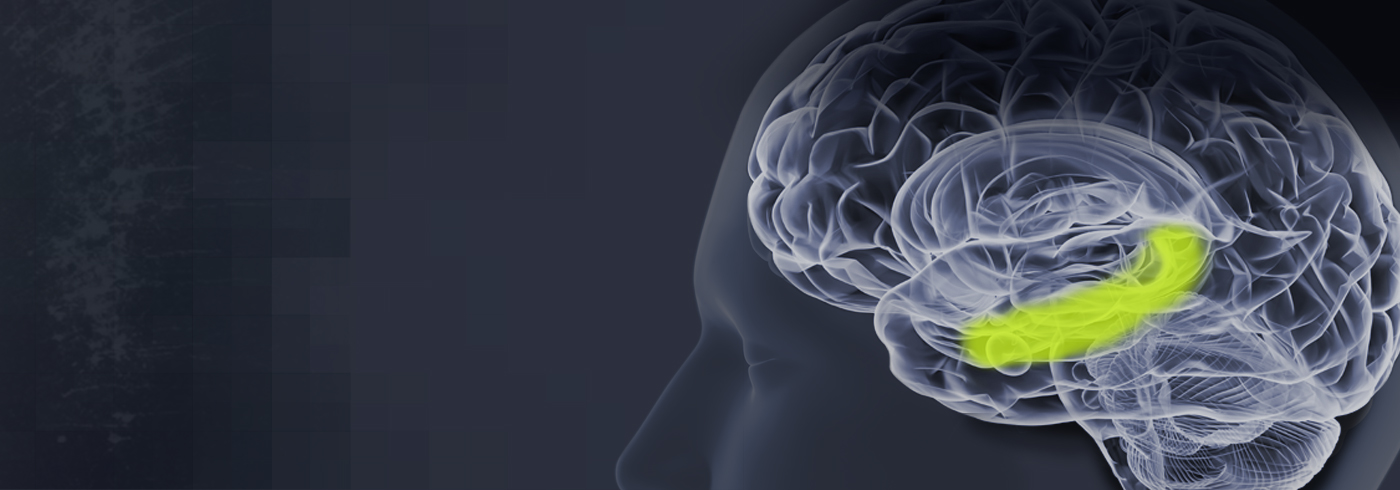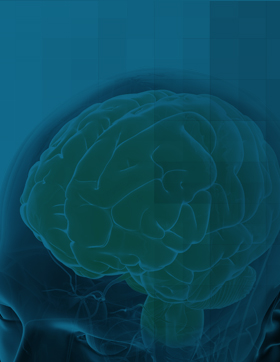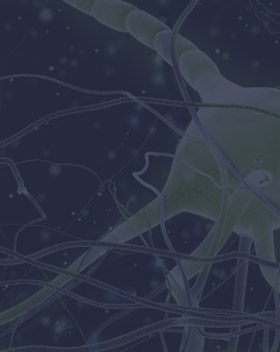
Our novel pipeline of therapies for neurological and psychiatric disease is based on decades of research focused on cognitive neuroscience and the neurobiology of the aging brain.
Research at Johns Hopkins and leading research centers around the world have demonstrated that overactivity in key brain circuits contributes to cognitive impairment and drives neurodegeneration if not controlled.
This overactivity is a characteristic feature of mild cognitive impairment due to Alzheimer’s disease (MCI due to AD), the earliest symptomatic stage characterized by memory loss. Overactivity detected by brain imaging predicts the extent of neurodegeneration in the earliest stages of MCI due to AD and clinical progression to dementia.
Our most advanced clinical program targets MCI due to AD. We are evaluating AGB101 for the treatment of hippocampal overactivity and controlling the further progression to Alzheimer’s dementia.
AGB101 |
Our lead asset, currently in Phase 2b testing, is being evaluated for the treatment of MCI due to AD and to control further progression to Alzheimer’s dementia. |
Discovery: GABAA α5 positive allosteric modulators |
Our novel late-stage discovery program is evaluating a spectrum of conditions including MCI due to AD, schizophrenia autism and other neurological and psychiatric disorders. |
These investigational compounds are not approved by the FDA. The safety and efficacy have not been established.


